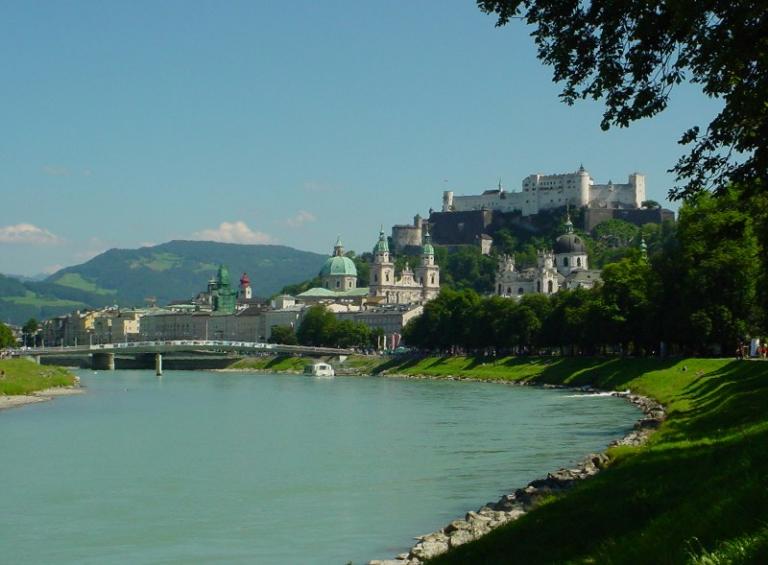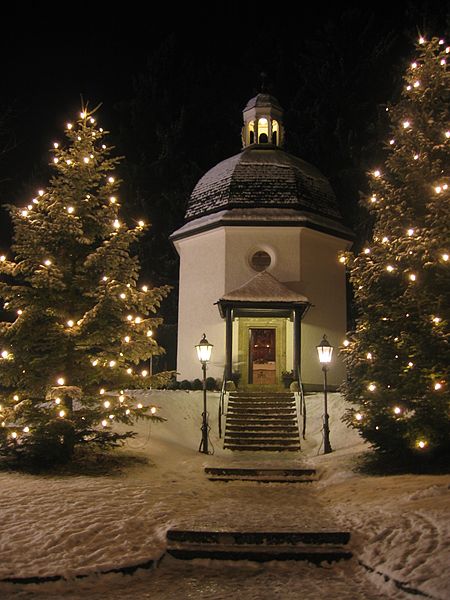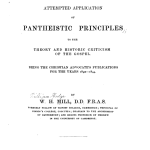
***
We spent the day in and around Salzburg today. (That is to say, we spent it in Austria.) This is a place that I have genuinely loved since I first came here in 1970, and it was very pleasant to see familiar places again — including two favorite bookstores.
First, we met a local guide, Ilse, for a visit to the trick gardens (the Wasserspiele) erected by the prince-archbishop of Salzburg, Graf Markus Sittikus von Hohenems, in the early sixteen hundreds. I think that I enjoyed them even more today than on previous visits. Certainly the weather was perfect. A beautiful sunny day, but not too hot.
Then, with Ilse, we went on to Salzburg itself, walking a bit around the Old City and then across the Salzach River to the Mirabell Gardens. After lunch, we drove to the village of Oberndorf bei Salzburg, directly on the bank of the Salzach River and, thus, right on the border with Germany. I’ve never stopped in Oberndorf before, although I’ve certainly driven right through it en route to and from Braunau am Inn, where my wife and I once visited the birthplace of Adolf Hitler. Somehow, the significance of Oberndorf hadn’t even occurred to me during that trip.

(Wikimedia Commons public domain image)
Oberndorf is where Franz Xaver Gruber set Father Joseph Mohr’s poem to music in 1818 and, thus, created the Christmas carol Stille Nacht (“Silent Night”). Walking to the “Silent Night” monument or memorial, I noticed a small cannon ball about fifteen feet up on the wall of a house. Translated from the German, the inscription accompanying it read roughly as follows: “May the Triune God protect his house from this hostile French cannon ball.” I couldn’t quite read the date, but I thought that it read sometime in the very early nineteenth century.
Returning to Salzburg, our group had free time on their own. My wife and I spent our time sitting with cold drinks in the Hagenauerplatz no more than seventy-five feet in front of Mozart’s Geburtshaus, the house where he was born,, listening to a jazz quartet. Thereafter, our entire group had dinner while listening to instrumental and vocal music from, well, Mozart. But we just got home a few minutes ago, and it’s very late. So I think that I’ll have to postpone writing about that (and about other things) until mañana, as they say around these parts. Not merely because I’m tired but because we need to get up again in just a very few hours.
Posted from Ruhpolding, Upper Bavaria, Germany










